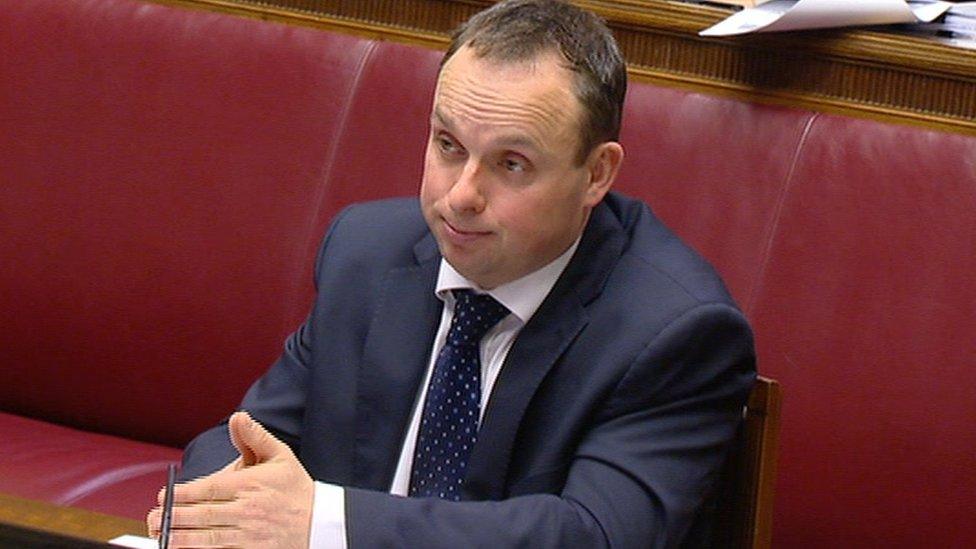RHI: Top DUP official denies seeking to keep flawed green scheme open
- Published
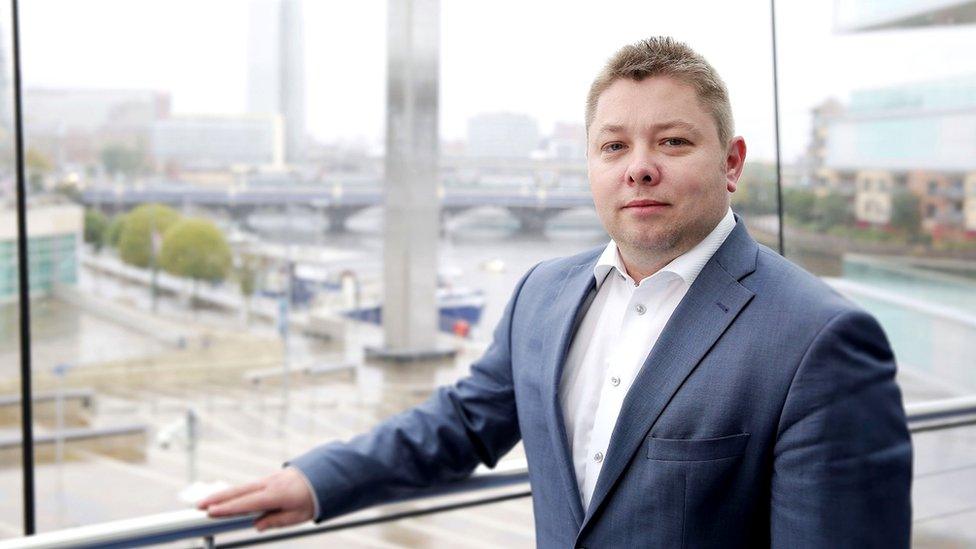
Timothy Johnston is a former special adviser to three first ministers: Ian Paisley, Peter Robinson and Arlene Foster
The DUP's most senior official has denied he ever played any role in seeking to delay cost controls to NI's flawed green energy scheme.
Timothy Johnston is appearing at the inquiry into the Renewable Heat Incentive (RHI) scheme.
It was set up in 2012 to encourage uptake of eco-friendly heat systems, but overgenerous fuel subsidies left NI taxpayers with a £490m bill.
Mr Johnston's witness statements to the inquiry, external have just been published.
He has advised three Northern Ireland first ministers, previously acted as the DUP's director of communications and was appointed the party's chief executive last year.
His evidence directly contradicts claims by a DUP colleague who said Mr Johnston instructed him to look at an alternative to tariffs in summer 2015, when plans were being drawn up to bring the scheme's budget under control.
'Soften'
The inquiry has already heard evidence from another former DUP special adviser (Spad), Timothy Cairns, who said he was told by Mr Johnston in June 2015, to work with another Spad, Andrew Crawford, to find an alternative to implementing cost controls.
The four-week delay ultimately allowed a huge spike in applications which did the most damage to the public purse.
Mr Johnston said he did not instruct or suggest to Mr Cairns, who was the adviser in the Stormont department that set up the scheme, that tariffs not be introduced.
"At no time did I seek to influence or encourage Timothy Cairns, or anyone else, to delay, soften or reduce cost controls," he said.
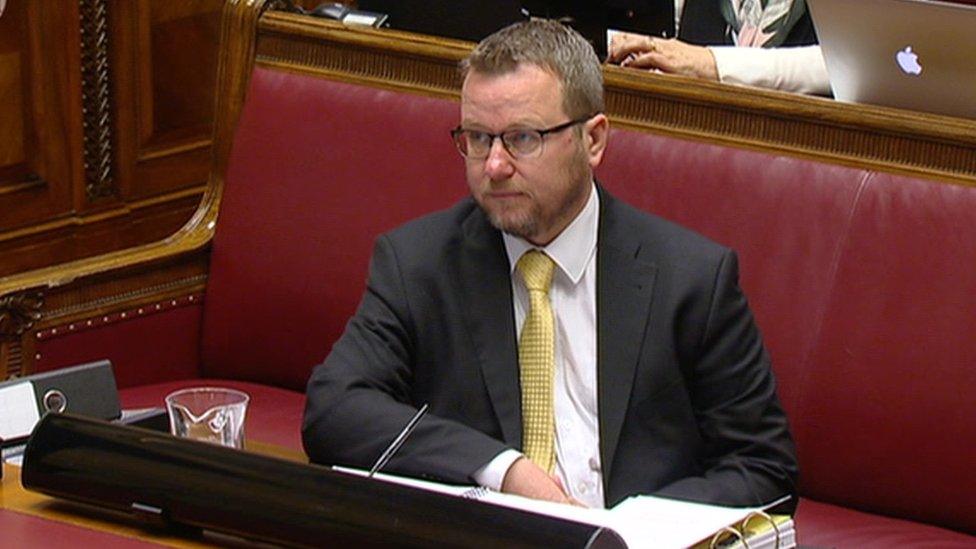
Timothy Cairns was Jonathan Bell's special adviser and claimed Timothy Johnston had instructed him to ensure cost controls were not introduced
He claimed he was not familiar with the details of the scheme at the time, and had no involvement in the decision-making process.
He said he gave advice during the closure period of the RHI scheme in early 2016, as the matter was being dealt with the Executive Office.
At that time he was working in that office, advising then First Minister Arlene Foster.
He also addressed an allegation made by former enterprise minister Jonathan Bell that Mr Johnston was one of two special advisers who wanted the scheme kept open due to their "extensive interests" in the poultry industry; he said that claim was false.
'Hierarchy of advisers'
The inquiry has heard evidence from a number of witnesses that there was a "hierarchy" of special advisers in the DUP, and that Mr Johnston was very much "at the top of the tree" when it came to his position.
It has been alleged he acted outside his role of what special advisers were permitted to do, including running meetings and dealing with wider DUP staff issues.
Mr Johnston said he had no sense that there was an "understood or recognised hierarchy of advisers", and that it was recognised that Spads were answerable to their individual ministers.
Much of the inquiry has focused on the relationship between Spads and ministers and how much authority Spads had - Mr Johnston is likely to face questions about that from the inquiry panel.
'Set the record straight'
He also addressed a claim made by former enterprise minister Jonathan Bell, that he had been the victim of a "massive smear campaign" orchestrated by the DUP when he gave an interview to the BBC in late 2016 alleging DUP Spads had stopped him from closing the scheme.
Asked if there was a "party narrative" in the days that followed, Mr Johnston said: "There was an attempt to set the record straight given the inaccuracies of Mr Bell's version of events and his attempted portrayal as the victim rather than a minister."
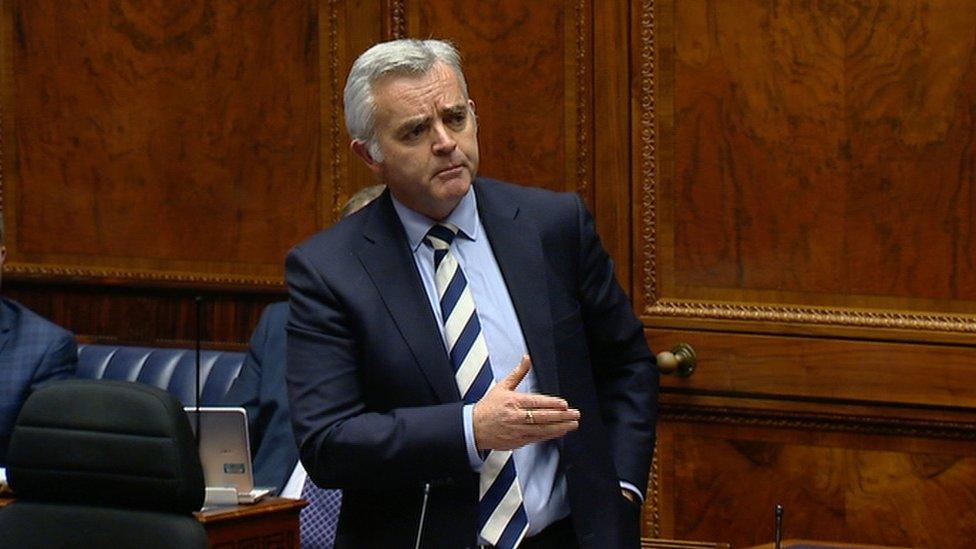
Timothy Johnston said he did not believe Jonathan Bell (pictured) was suitable to hold ministerial office
In Mr Johnston's witness statement, he also said he believed Mr Bell's lack of attention to detail in his ministerial role "must have had an adverse impact in respect of the RHI scheme".
"I never found Mr Bell to be interested in detail," he added.
'Political error'
Days after Mr Bell went public with his claims, then First Minister Arlene Foster read a statement about the RHI scheme to the Northern Ireland Assembly, which saw other political parties walk out of the chamber twice.
Sinn Féin - the DUP's then partner in the coalition government - said it had made it clear Mrs Foster was speaking without the support or authority of the Deputy First Minister Martin McGuinness.
In his evidence, Mr Johnston said he now believes that Mrs Foster's decision to give the speech after Martin McGuinness had withdrawn his consent and other parties boycotted the chamber was a "political error".
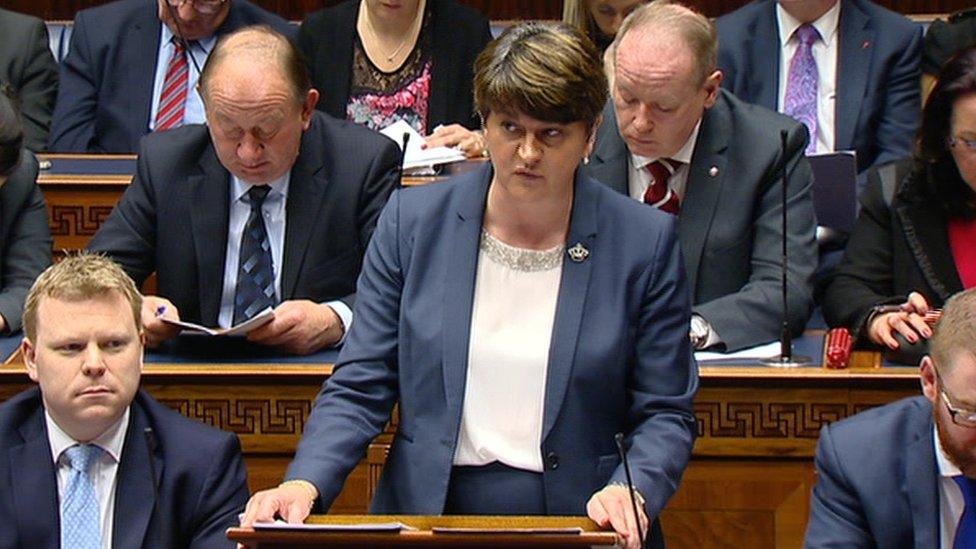
Several political parties walked out of the assembly in December 2016 when Arlene Foster made a speech about her handling of the RHI scheme
Although he added that he felt Mrs Foster's speech was "accurate" in setting out what was known at that time about the botched scheme.
On Thursday, the RHI inquiry also published a witness statement from former first minister and DUP leader Peter Robinson, external.
'Ministers decide'
He said he was not made aware of the scheme's critical flaws during his tenure, and only found out about it through media reports after he left office in 2016.
Mr Robinson also said when he was first minister, there was a very clear line of authority in his team: "Advisers advise, ministers decide."
Timothy Johnston was one of Peter Robinson's advisers in summer 2015, when Stormont officials had realised the scale of the problem with the RHI budget and were working to manage it.
He will give evidence to the RHI inquiry for the first time on Friday.
- Published25 September 2018
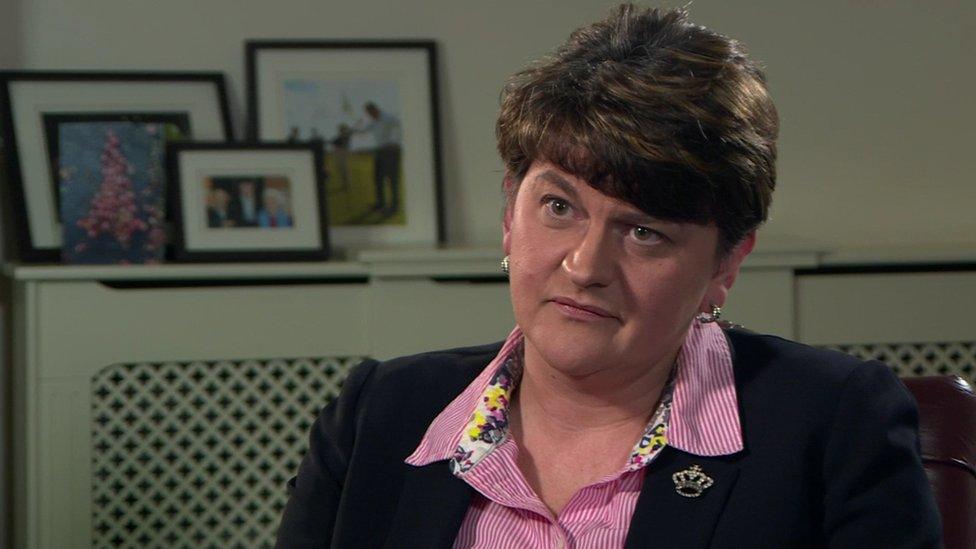
- Published21 September 2018
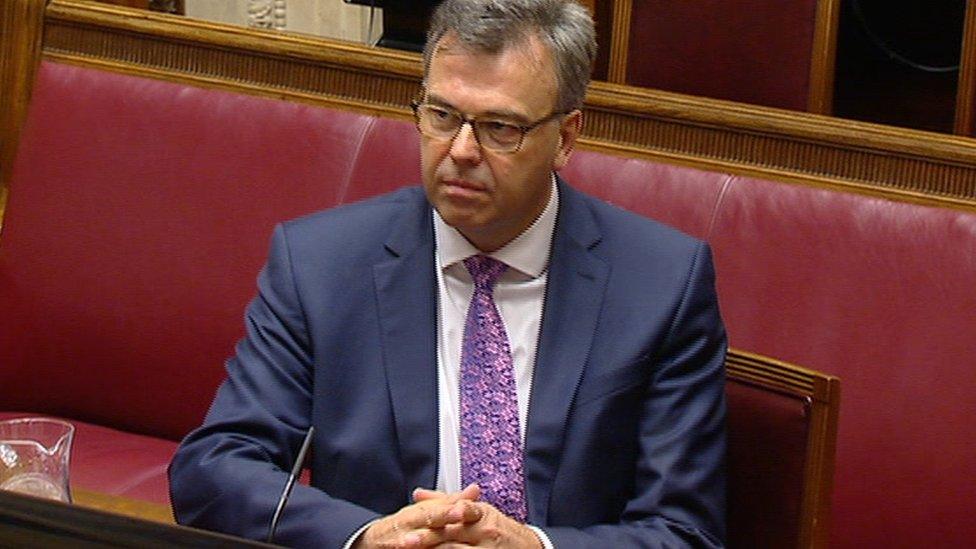
- Published20 September 2018
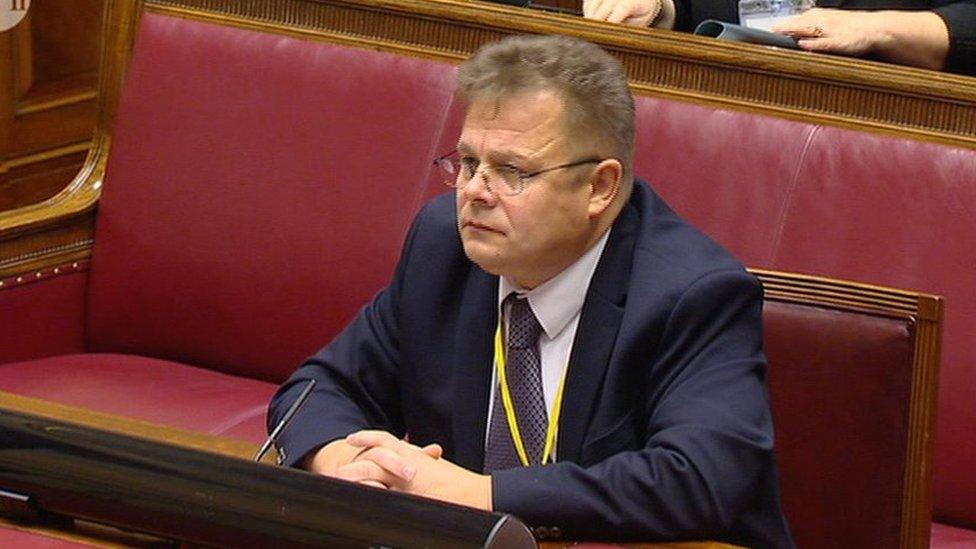
- Published14 September 2018
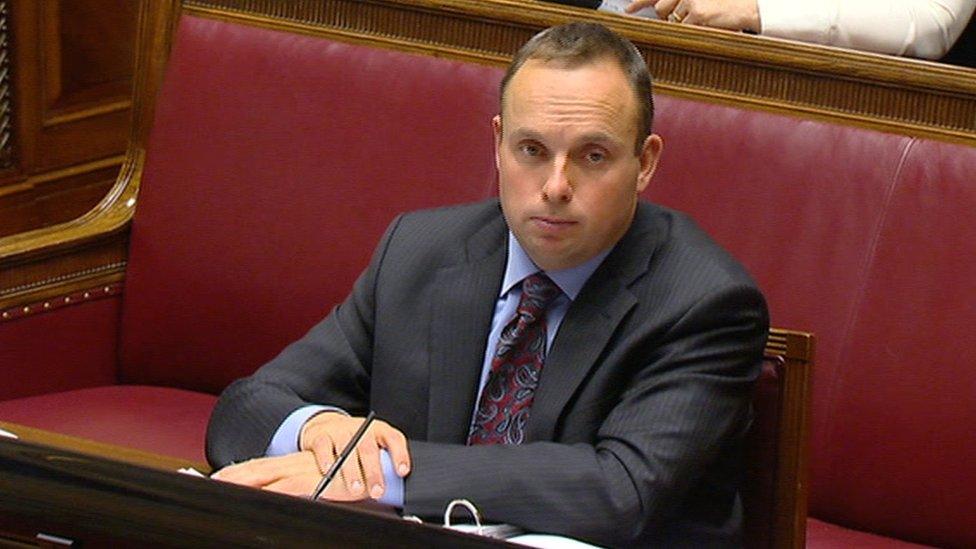
- Published13 September 2018
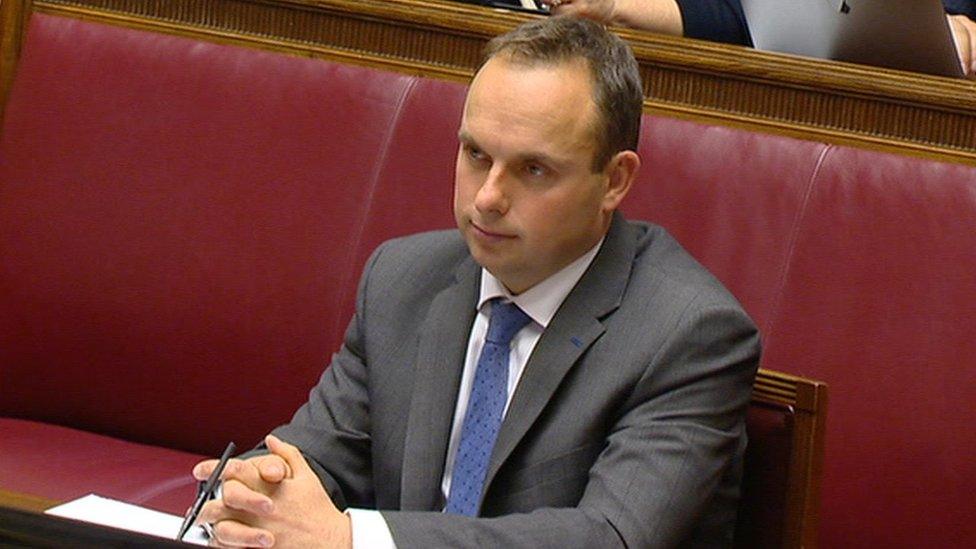
- Published12 September 2018
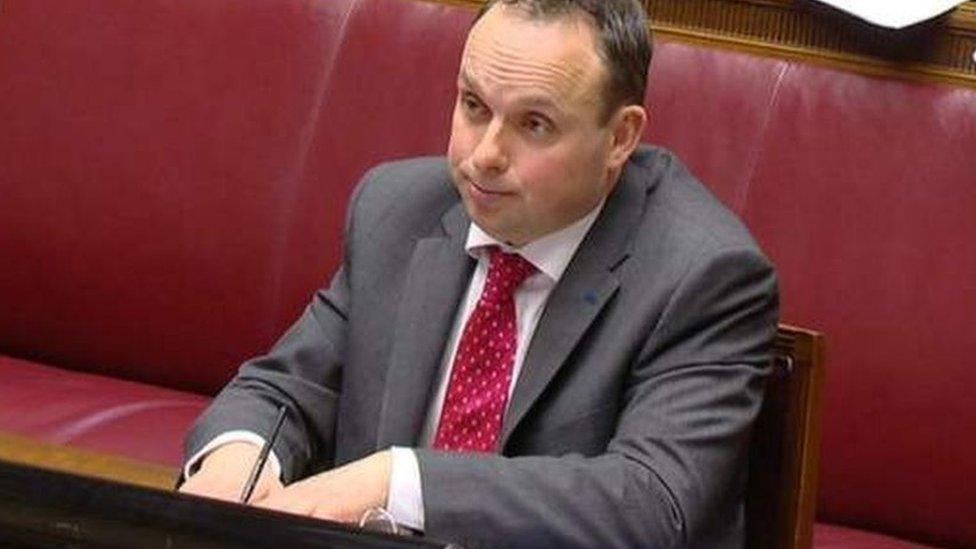
- Published11 April 2018
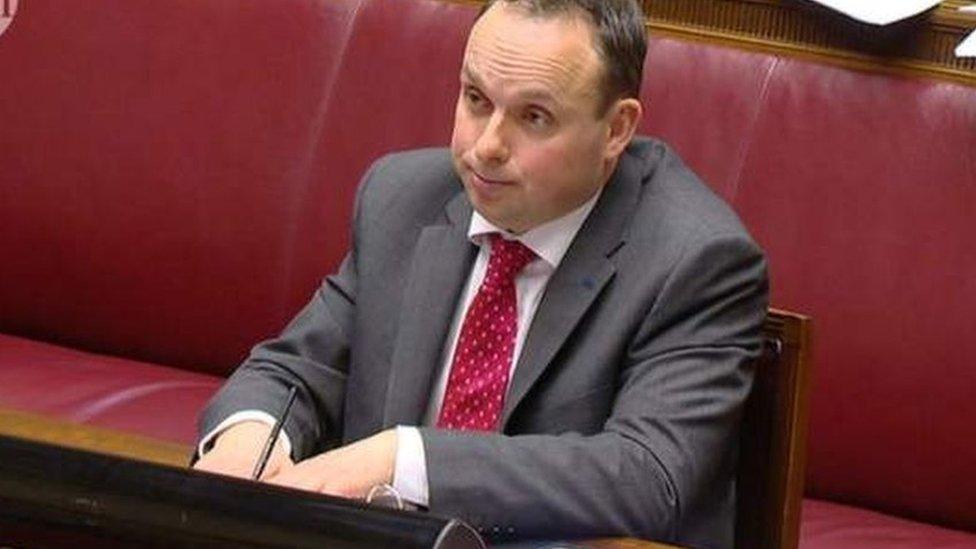
- Published11 September 2018
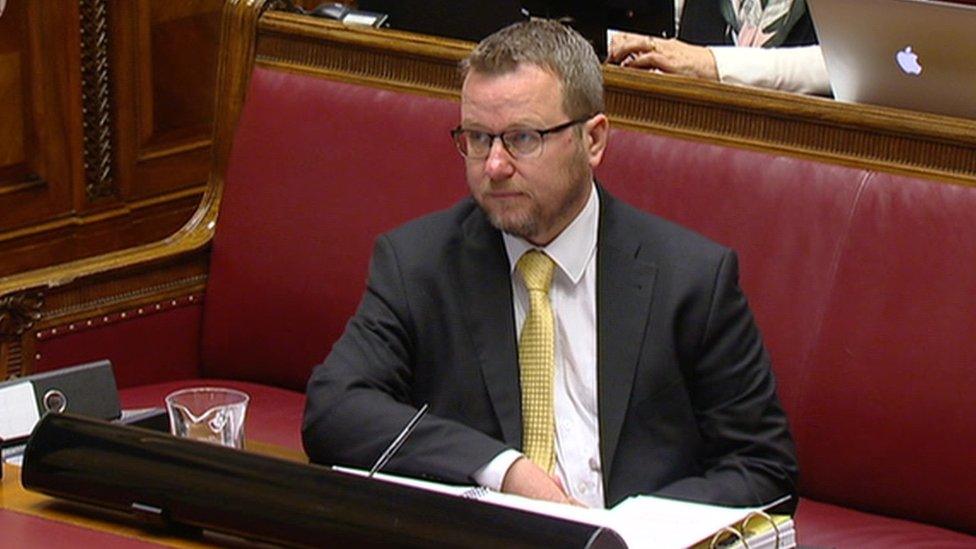
- Published11 September 2018
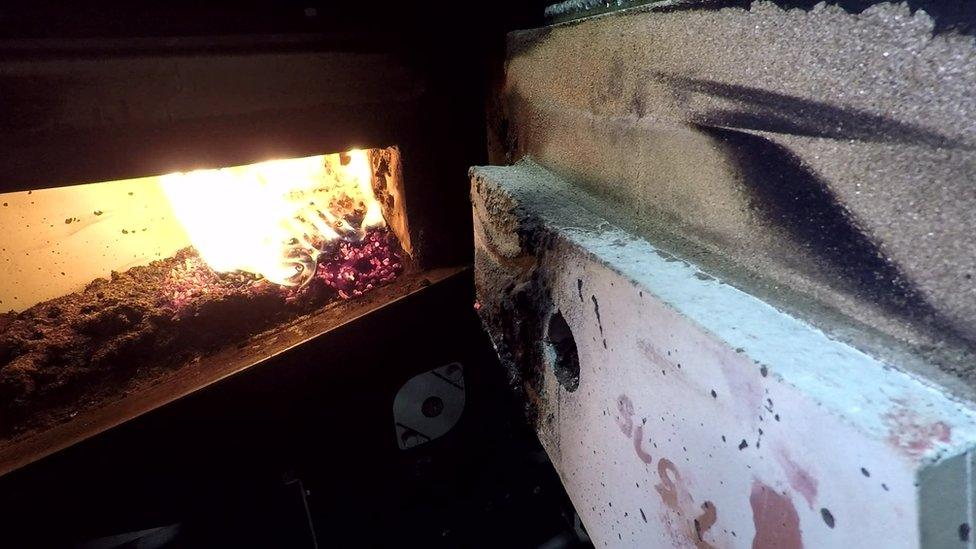
- Published7 September 2018
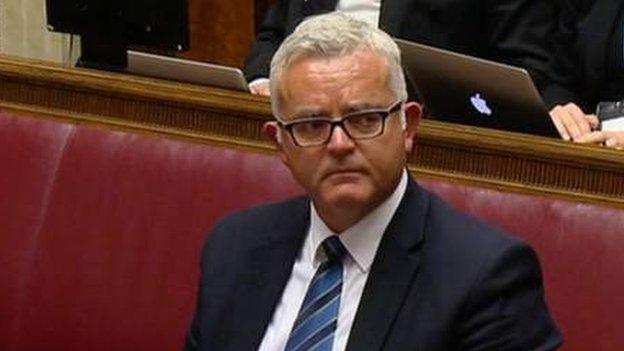
- Published7 September 2018
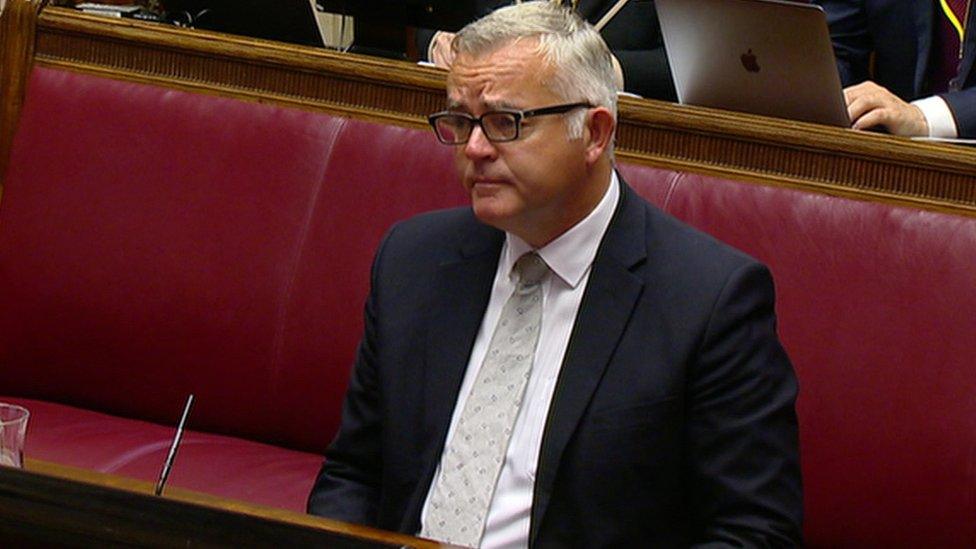
- Published5 September 2018
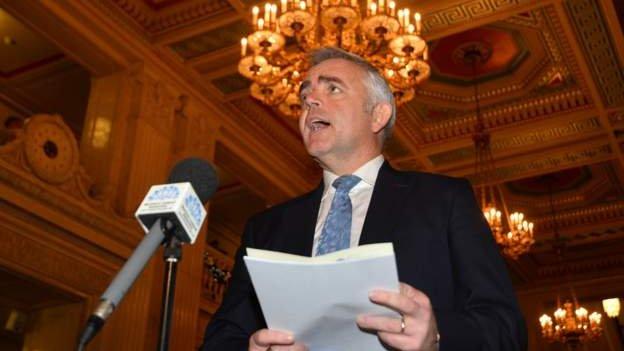
- Published5 September 2018
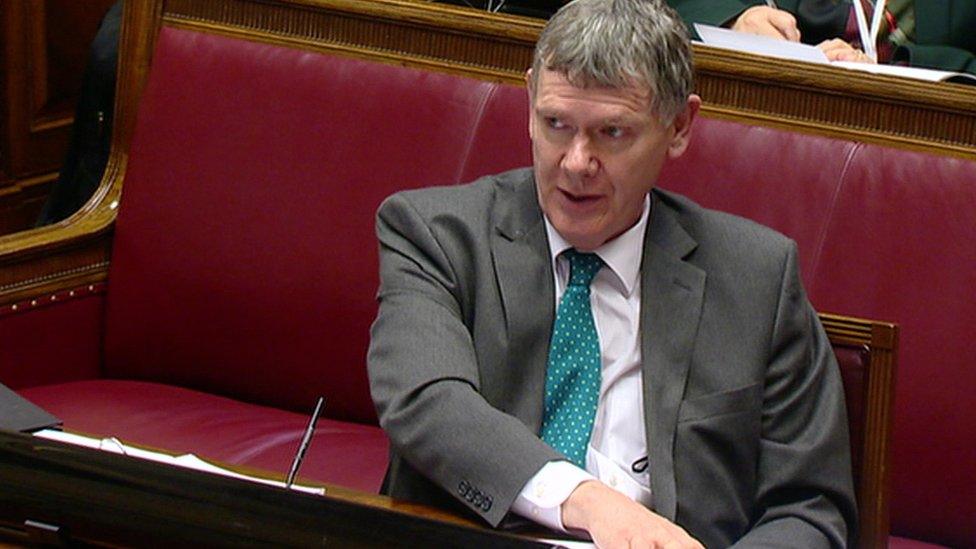
- Published5 September 2018
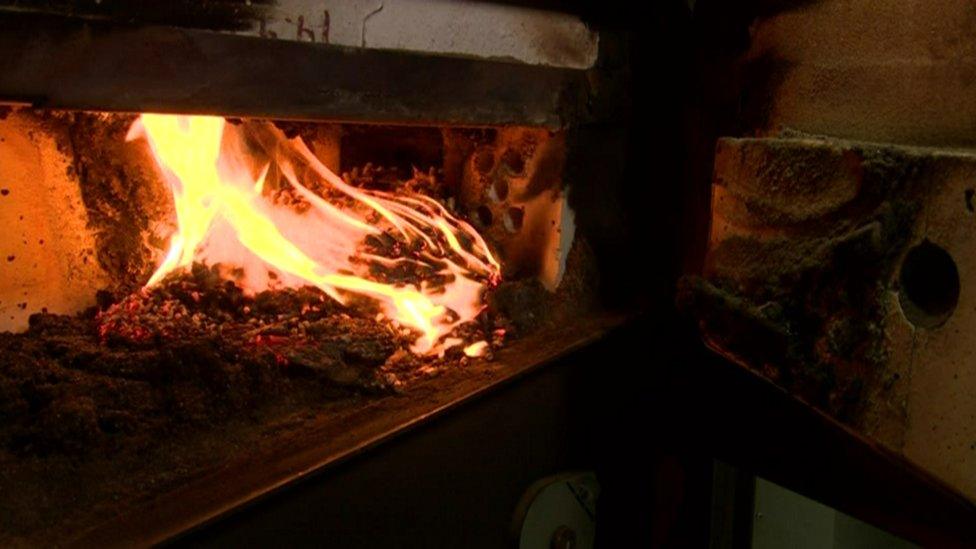
- Published13 March 2020
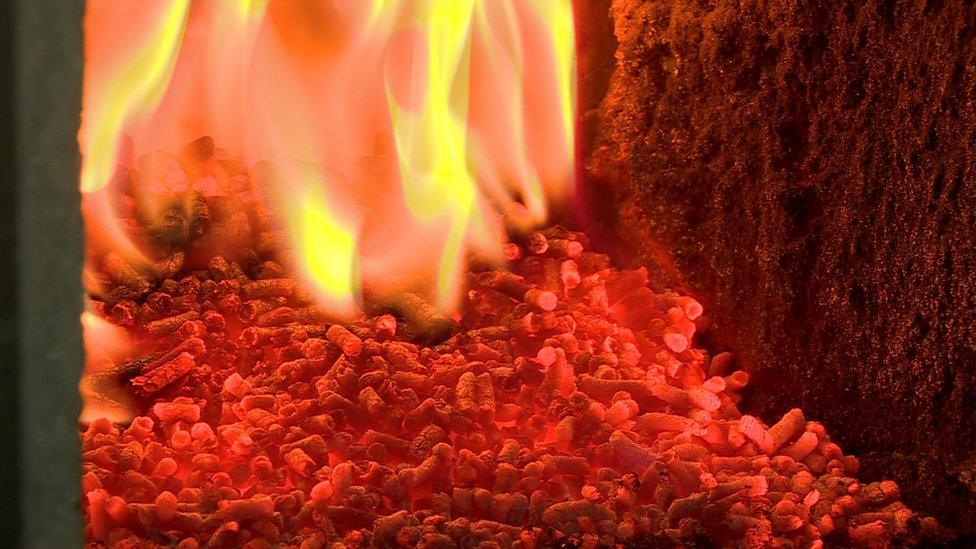
- Published4 September 2018
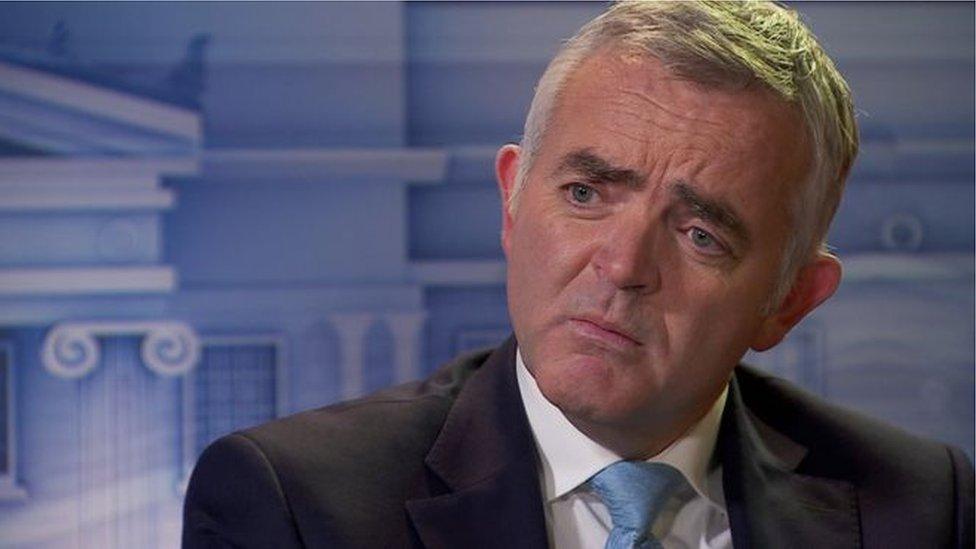
- Published17 April 2018
